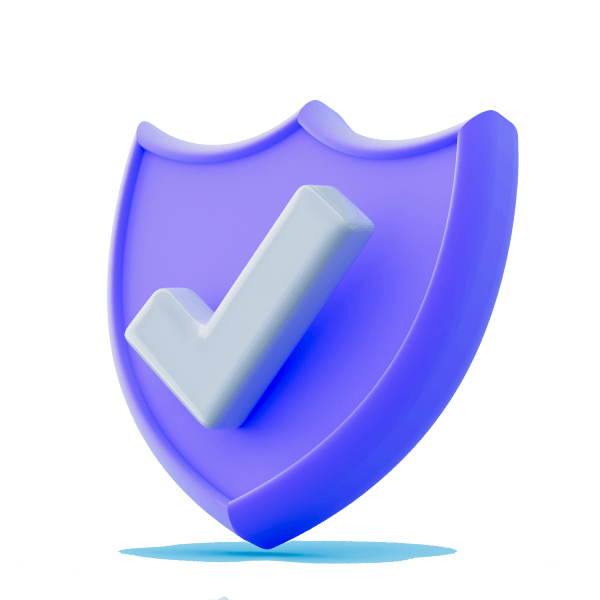Blockchain Forensics: What Is It and Why Is It Important?
Blockchain forensics is the application of science and technology to investigate and establish facts related to transactions and activities on a blockchain. Blockchain is a distributed ledger that records and verifies data in a cryptographically secure way, enabling a trustless exchange of information and value among parties. Blockchain has been widely adopted for various purposes, such as cryptocurrencies, non-fungible tokens (NFTs), decentralised finance (DeFi), and supply chain management.
However, blockchain is not immune to cyberattacks, cyber threats, and digital crimes. For example, hackers can exploit vulnerabilities in smart contracts, wallets, or exchanges to steal funds or data. Ransomware attackers can demand payments in cryptocurrencies to unlock encrypted files or systems. Money launderers can use mixers, tumblers, or privacy coins to obscure the origin and destination of their illicit funds. These crimes pose significant challenges for law enforcement agencies, regulators, and users who need to trace, track, and recover the evidence left on the blockchain.
Blockchain forensics can help address these challenges by using various tools and techniques to analyse the data on the blockchain and identify the actors behind the transactions. Blockchain forensics can also help organisations and experts manage financial crime and reputational risks associated with cryptocurrencies and other blockchain applications. For instance, blockchain forensics can help verify the legitimacy and provenance of NFTs, monitor and audit DeFi protocols, and comply with anti-money laundering (AML) and counter-terrorism financing (CTF) regulations.

One of the most prominent examples of blockchain forensics in action was the Colonial Pipeline ransomware attack case in 2021. The attackers demanded 75 bitcoins from the company to restore its operations after encrypting its systems. The company paid the ransom, but the FBI was able to recover 63.7 bitcoins by using blockchain forensics and other methods to follow the money trail and locate the host running the bitcoin core operated by the DarkSide affiliate. The FBI then seized the host along with the private keys via a seizure warrant. This case demonstrated that blockchain transactions are not completely anonymous or untraceable, and that skilled investigators can use blockchain forensics to identify and apprehend the perpetrators.
Blockchain forensics is a rapidly evolving field that requires constant research and innovation to keep up with the changing landscape of blockchain technologies and applications. Blockchain forensics also faces several problems and challenges, such as scalability, privacy, interoperability, standardisation, and legal admissibility. These issues need to be addressed by collaborating with various stakeholders, such as developers, researchers, regulators, users, and law enforcement agencies.
Blockchain forensics is an essential component of ensuring security, trust, and transparency in the blockchain ecosystem. By using blockchain forensics, we can deter potential criminals from abusing blockchain technologies for malicious purposes, protect users from fraud and scams, and promote ethical and responsible use of blockchain for social good.

What are some blockchain forensics tools?
There are several blockchain forensics tools available in the market that offer different features and functionalities for different use cases. Some of the popular ones are:
Bitquery
A platform that provides data analytics and visualisation for various blockchains and cryptoassets. Bitquery allows users to query any transaction or address on the blockchain using a simple interface or an API. Bitquery also provides insights into DeFi activity, NFTs, swaps, flash loans, etc.
Chainalysis
A software suite that provides transaction monitoring, risk assessment, and investigation tools for cryptocurrencies. Chainalysis enables users to associate blockchain addresses with real-world identities, track the flow of funds across multiple assets, assess risk based on fund origin and history, and create visualisations of cryptocurrency flows.
Elliptic
A solution that helps crypto businesses comply with AML/CTF regulations and prevents exposure to illicit funds. Elliptic monitors transactions across more than 550 virtual assets and identifies high-risk entities such as darknet markets, scams, ransomware, etc. Elliptic also provides risk scores and reports for each transaction or address.
Crypto Analysis Transaction Visualisation (CATV)
A crypto forensic tool that tracks both incoming and outgoing transactions of an inspected wallet. CATV provides a visual interface to analyse the flow of tokens and the types of wallets with which it interacts, helping find suspicious flow behaviour.
Blockchain forensics is the application of scientific methods and tools to investigate and analyse data on the blockchain, the distributed ledger that records transactions of cryptocurrencies and other digital assets. Blockchain forensics can help identify the origin, destination, and flow of funds on the blockchain, as well as the actors involved in the transactions. Blockchain forensics can also help detect and prevent cybercrimes such as fraud, theft, money laundering, and ransomware attacks that exploit the blockchain technology.
Blockchain forensics is a rapidly evolving field that requires a combination of skills, tools, and techniques from different domains such as computer science, cryptography, data science, law enforcement, accounting, finance, economics, sociology, psychology, etc. Blockchain forensics also faces several challenges such as data privacy, scalability, interoperability, standardisation, regulation, etc. Therefore, it is important for all stakeholders involved in the blockchain industry to collaborate and cooperate to develop effective solutions for blockchain forensics.
What Is It and How Does Cross-Chain Analysis Help?
One of the key solutions for blockchain forensics is cross-chain analysis. Cross-chain analysis is the process of tracing and tracking funds across different blockchain platforms and protocols. Cross-chain analysis can help overcome the limitations and complexities of analysing transactions on a single blockchain or within a single cryptocurrency ecosystem.
Cross-chain analysis is enabled by cross-chain bridges, which are protocols that allow users to transfer digital assets from one blockchain to another. For example, a user can use a cross-chain bridge to swap bitcoin for ether, or to move a token from Ethereum to Binance Smart Chain. Cross-chain bridges can be centralised or decentralised, custodial or non-custodial, trustless or trust-based, depending on their design and implementation.
Cross-chain analysis is a powerful tool for blockchain forensics that can help enhance the trust and transparency of the blockchain ecosystem, foster innovation and adoption of the blockchain technology, and advance the knowledge and understanding of the blockchain technology. However, cross-chain analysis also poses some challenges such as data availability and accuracy, privacy preservation and protection, bridge security and reliability, etc. Therefore, it is essential for cross-chain analysis to be conducted with caution and care.
- Identify on/off ramp addresses: On/off ramp addresses are the points where users enter or exit the cryptocurrency ecosystem by exchanging fiat currency or other assets for cryptocurrency or vice versa. Cross-chain analysis can help identify these addresses by following the flow of funds across different blockchains and linking them to real-world entities such as exchanges, wallets, or payment services.
- Detect swapping activity: Swapping activity is the process of exchanging one cryptocurrency for another using decentralised exchanges (DEXs) or other platforms that enable automated token swaps without collecting Know Your Customer (KYC) information. Cross-chain analysis can help detect this activity by identifying the tokens involved in the swaps and the platforms used for the swaps.
- Track stolen funds: Stolen funds are the funds that are obtained illegally by hackers or other malicious actors through cyberattacks such as phishing, hacking, or ransomware. Cross-chain analysis can help track these funds by following their movement across different blockchains and identifying their destination addresses or clusters.
- Recover lost funds: Lost funds are the funds that are accidentally sent to wrong addresses or become inaccessible due to technical errors or human mistakes. Cross-chain analysis can help recover these funds by locating their current addresses or clusters and contacting their owners or operators.
Cross-chain analysis can help blockchain forensic investigators in several ways. For instance, cross-chain analysis can help:
- CCFI is more comprehensive and covers more topics than CCI, such as cryptocurrency fundamentals, cryptocurrency crime typologies, dark web investigations, etc.
- CCFI is more method-oriented and teaches various methods of cryptocurrency investigation, such as OSINT, SOCMINT, DARKINT, etc.
- CCFI requires 40 hours of online training and a final exam to obtain the certification.
- CCI is more tool-oriented and teaches various tools of cryptocurrency investigation, such as Chainalysis Reactor, CipherTrace Investigator Plus, Elliptic Navigator Pro Plus Editions 1 & 2.
- CCI requires 20 hours of online training and a final exam to obtain the certification.
CCI is a certification program offered by Crypto Investigator Training that covers topics such as cryptocurrency fundamentals, bitcoin trail investigation, cryptocurrency crime investigation, dark web investigation, blockchain forensic tools and techniques, etc. CCI is designed for investigators who want to learn how to conduct cryptocurrency investigations using various tools such as Chainalysis Reactor, CipherTrace Investigator Plus, Elliptic Navigator Pro Plus Editions 1 & 2.
Both CCFI and CCI are valuable certifications that can help you acquire the necessary knowledge and skills to become a competent and credible blockchain forensic investigator. However, they have some differences in terms of their content, focus, and requirements. Some of these differences are:

If you are interested in becoming a certified professional in blockchain forensics and cryptocurrency investigations, you may have heard of two certification programs: Certified Cryptocurrency Forensic Investigator (CCFI) and Certified Cryptocurrency Investigator (CCI). What is the difference between them and which one should you choose?
CCFI is a certification program offered by McAfee Institute that covers topics such as cryptocurrency fundamentals, bitcoin transactions and wallets, cryptocurrency crime typologies, dark web investigations, blockchain forensic tools and techniques, etc. CCFI is designed for investigators who want to learn how to conduct cryptocurrency investigations using various methods such as open source intelligence (OSINT), social media intelligence (SOCMINT), dark web intelligence (DARKINT), etc.
What is the Difference Between CCFI and CCI?
Conclusion
Depending on your preferences, goals, and budget, you can choose either CCFI or CCI to become a certified cryptocurrency investigator. Both certifications are recognised and respected in the blockchain forensic industry and can help you advance your career and reputation in this field.

Advanced Digital Forensics
If you’re a victim of identity theft, cyber crime, or another scam, contact us today to learn about the tools and resources available to assist in resolving your claim.

